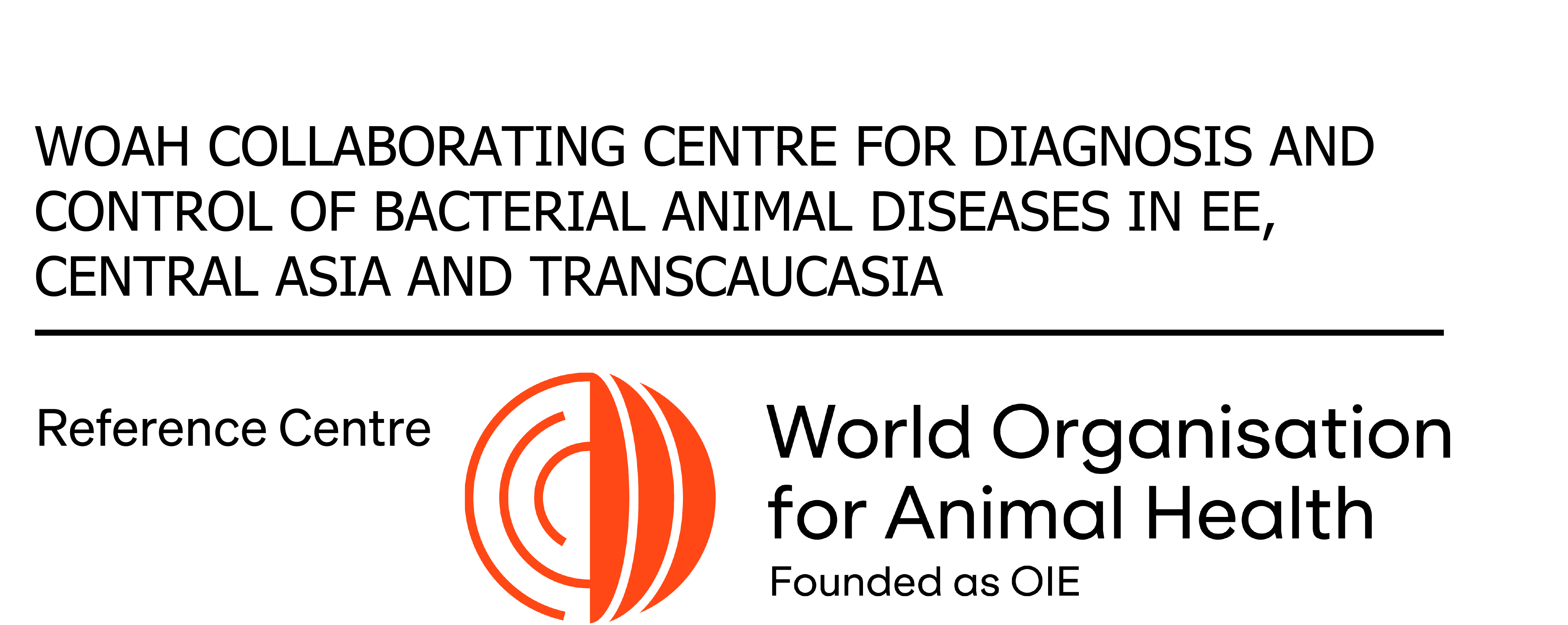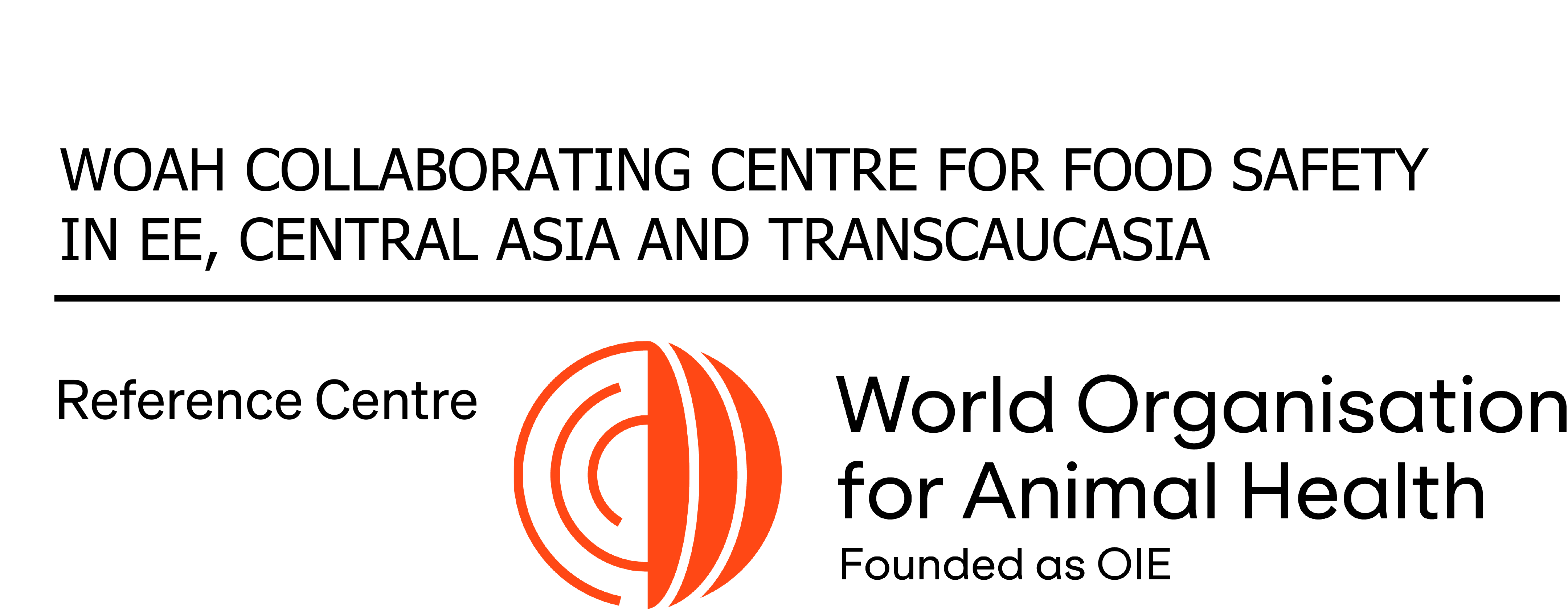Acting head of the Test Center - Maria Gergel
FGBU "VGNKI” Test Center carries out multifaceted activities: surveillance study of food and feed products on chemical and microbiological quality and safety indicators, studies of the presence of GMO lines in feeds, fish and meat species identification, registration and certification of veterinary drugs and feed additives, contract research, maintenance of strain collection of microorganisms, scientific activities.
Division of Pharmaceutical Drugs for Animals, Food and Feed Safety of the Center includes the leading laboratories of the Rosselkhoznadzor for analysis of chemical pollutants of food and feed products, which are developed and used as confirmatory (based on chromatography with mass spectrometric detection) and screening immunochemical methods for determining 360 compounds from 39 groups, including almost all groups of antimicrobial agents used in animal husbandry, growth stimulators and other veterinary drugs, as well as industrial pollutants: dioxins, polychlorinated biphenyls, toxic elements and others.
The Division annually participates in the rounds of international comparative tests, and organizes its own comparative tests for other laboratories subordinate to the Rosselkhoznadzor, performs confirmatory assays that has been identified by other laboratories using screening methods of xenobiotics.
The Division cooperates with EU reference laboratories for determining xenobiotics in food products: BVL (Germany), RIKILT (Netherlands), CEFAO (ITALY) and other leading European scientific institutions in the field of food safety: Federal Institute for Risk Assessment BfR (Germany), National Institute of Nutrition and Seafood Research (NIFES), Norway.
The Division also carries out state quality and safety control of veterinary drugs.
The priorities of the Division of Biotechnology are the development, validation and application of molecular genetic test systems for GMO detection as well as commercial fish species identification and causative agents of animal infectious diseases, the diagnosis of hereditary diseases of domestic and farm animals, and also the microbiological studies of food, feed and clinical material.
The Division of Biotechnology acts as a provider of comparative tests for determination of GMO and DNA of ruminants in animal feeds.
The Division carries out laboratory studies of the quality of cattle sperm, drugs used in artificial insemination, solutions used to dilute sperm, and the development of a national concept for veterinary and sanitary requirements for the organization of artificial insemination of productive animals in the Russian Federation by introducing a comprehensive quality control of artificial insemination by epizootic, genetic and reproductive parameters.
The quality and standardization division of immunobiological medicinal products includes the leading testing laboratories for quality and effectiveness assessment of immunobiological medicinal products for veterinary use (vaccines, serums, diagnostics, allergens, probiotic preparations of various microbiological origin (viral, bacterial, chlamydia, mycosis), biological products for the treatment and prevention of infectious diseases, parasitic pathology, etc.
Laboratories of the Division carry out state quality control of medicines, epizootological monitoring, registration and certification tests, inspection control of medicines, contractual and scientific work.
The laboratory workers maintain and replenish the All-Russian Collection of Cell Cultures, Strains of Viruses, Microbes and Mycopathogens (approximately 3000 strains), work on deposit, maintenance, study and selection of reference, control and production strains of microorganisms.
The Division also breeds, cultivates and maintains the laboratory animals.
All the divisions of the Center realize veterinary monitoring program for antibiotic resistance of zoonotic bacteria - E.coli, Salmonella, Campylobacter and Enterococcus. Phenotypic resistance is determined by the internationally harmonized method of microdilution in broth, in order to study the genetic determinants of resistance for a number of isolates, the complete genome sequencing is carried out.
Three divisions of the Center consist of 24 departments and laboratories with a total number of 175 employees.
The instrument cluster of the Center includes the chromatographs with mass spectrometry and other detectors, including high-resolution systems of the latest generations; ELISA analyzers, amplifiers, device for full-genome sequencing, automatic microbiological analyzers, auxiliary and other equipment, that allow to conduct more than 10,000 chemical and microbiological studies annually.
The employees regularly improve their skills at trainings and workshops, present their results at foreign and Russian conferences and symposia.





